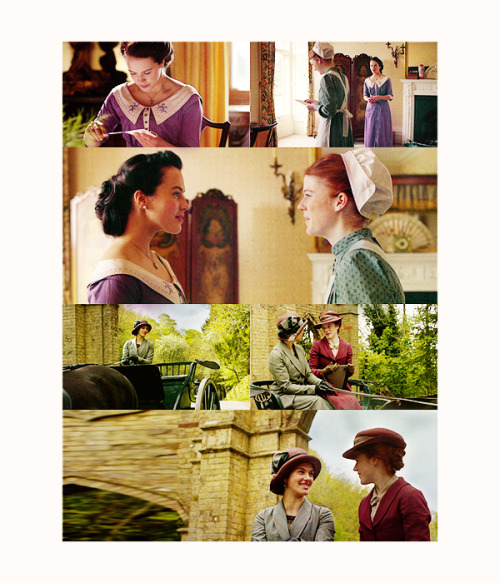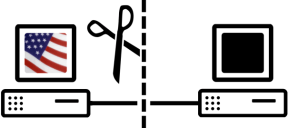 |
| it's been a busy and oft-times exhausting year! |
The Good:
- Last December I completed my library science degree which, hooray!
- On the first Monday after New Years, I began my full-time position at the MHS.
- Hanna took the leap of leaving a workplace that had been steadily eroding her health -- a particularly brave move given the current economic climate -- and has been rewarded by steady gainful employment at the Center for the History of Medicine and the related Medical Heritage Library with a fine group of fellow archivists. As I type this, she's looking forward to two more years of grant-funded archival processing and digital projects.
- I've been blogging at The Pursuit of Harpyess since January 2011, an opportunity that has led to slightly more active participation in the feminist blogosphere than I had the energy for during graduate school -- and certainly kept me more engaged during my first year of post-grad employment than I might otherwise have put in the effort to sustain.
- I finished my thesis in May 2011 and brought my graduate school career to a thankful close.
- Also in May, I finally had a chance to take Hanna to visit my hometown in Michigan.
- With neither of us in school, we've had more time to settle into life here in Boston, which appears to involve a lot of coffee shops, used bookshops, libraries, and hosting dinners for a few close friends.
- 2012 will mark the fifth year of living in this apartment and neighborhood, both of which we're pretty happy with. We keep talking about moving at some point (a bigger kitchen would be nice; and space for more bookshelves), but thankfully moving isn't an urgent need.
- In the event anyone wants to know, depression still sucks. I'm so, so thankful for Fenway Health and the wonderful medical and mental health care providers we work with there. And I am continually amazed at Hanna's strength and patience, with her willingness to put one foot in front of the other (particularly on the hard days), and her determination to hold onto hope we'll build a life worth sharing.
- While Hanna and I are more securely situated than many vis a vis our employment and financial stability, carrying a joint burden of some $160,000.00 in student loans -- even if they're our only form of accumulated debt -- is a vulnerability we're just learning to live with. Even as we scrabble around to start long-range savings and consider the possibility of paying for things like travel abroad or a mortgage. I'm thankful the issue of educational debt continues to be a topic of conversation and concern on a national (and international) level, since it's not going to get better without significant structural change.
- Given our limited ability to travel, living far away from family and close friends continues to suck. We've got loved ones in Texas, California, Oregon, Michigan, and Maine. All of whom are missed dearly. Social media helps, but I don't think I'll ever get used to the distance between us.
The Possible Future:
- Thanks to Hanna's continued employment in the Harvard University library system, she'll be eligible to take a history seminar in the spring, virtually free of charge (hooray!). While they don't offer courses specifically in her area of interest, Irish history, she plans to enroll in a course on intellectual history that she hopes will give her a chance to continue her research on the history of Irish nationalism.
- I'm working on a paper for the New England Historical Association and the MHS on a 1914 case of alleged sexual assault here in Boston documented by the New England Watch & Ward society as part of their ongoing efforts to eradicate vice.
- In March, I'll be traveling back to Michigan (hopefully with Hanna for company!) to take part in the celebrations marking the 20th anniversary of the Hope College Women's Studies program, of which I am a proud graduate.
- Hanna and I are knocking around the idea of starting a joint review blog, tentatively titled stuff + things, which will roll out in January. Watch for further details coming soon.
- As if that weren't enough, I'm still working on oral history transcription and hope to start posting final versions of interviews on the project blog later in the new year.
I'll obviously be writing about all of this as time and energy allow, so stay tuned ... I look forward to sharing all that's to come in 2012 and beyond.























